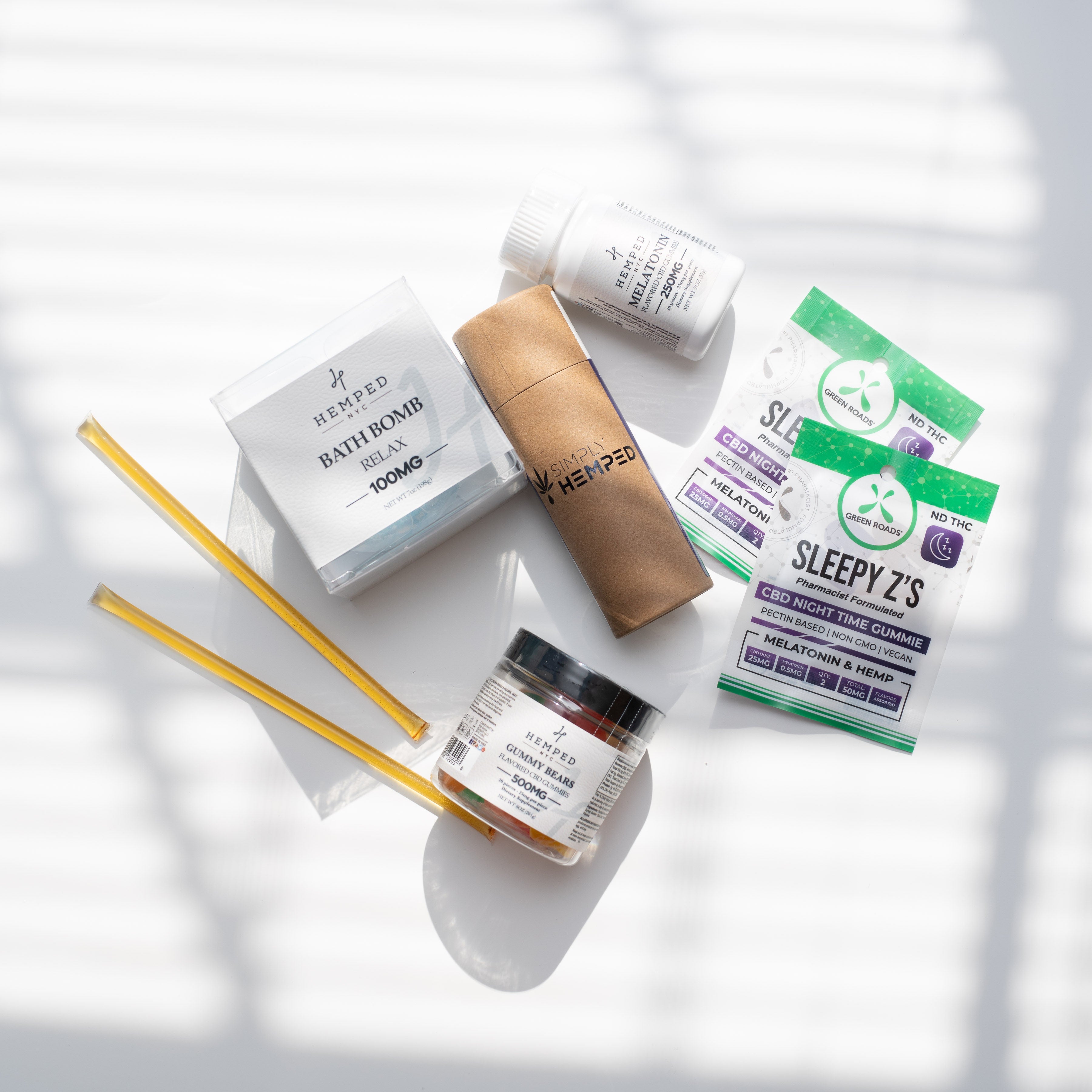
CBD & Other Medications
CBD seems to be all the rage these days, and while we love the wide range of potential benefits of 'Earth's Gift Plant,' you should always consult your doctor before adding it to your daily routine. CBD is a biologically active compound and, as such, it may have unintended interactions with supplements, herbal products, or over-the-counter and prescription medications you may be taking.
Potential Side Effects
While generally considered safe, CBD may cause drowsiness, lightheadedness, nausea, diarrhea, dry mouth, and, in rare instances, damage to the liver. Taking CBD with other medications that have similar side effects may increase the risk of unwanted symptoms or toxicity. In other words, taking CBD at the same time with over the counter or prescription medications and substances that cause sleepiness, such as opioids, benzodiazepines (such as Xanax or Ativan), antipsychotics, antidepressants, antihistamines (such as Benadryl) or alcohol, may lead to increased sleepiness, fatigue, and possible impairment. Increased sedation and tiredness may also happen when using certain herbal supplements, such as kava, melatonin, and St. John’s wort. Taking CBD with stimulants (such as Adderal) may lead to decreased appetite, and while taking it with the diabetes drug metformin or certain heartburn drugs (such as Prilosec) could increase the risk of diarrhea.
Altered Effects of Other Drugs
Many drugs are broken down by enzymes in the liver, and CBD may compete for or interfere with these enzymes, leading to too much or not enough of the drug in the body, called altered concentration. The altered concentration, in turn, may lead to the medication not working, or an increased risk of side effects. Such drug interactions are usually hard to predict but can cause unpleasant and sometimes serious problems. Potentially serious drug interactions with CBD include:
- a common blood thinner, warfarin
- a heart rhythm medication, amiodarone
- a thyroid medication, levothyroxine
- several medications for seizures, including clobazam, lamotrigine, and valproate
Does the form of CBD matter?
Absolutely. Inhaled CBD gets into the blood the fastest, reaching high concentration within 30 minutes and increasing the risk of acute side effects. Edibles require longer time to absorb and are less likely to produce a high concentration peak, although they may eventually reach high enough levels to cause an issue or interact with other medications. Topical formulations, such as creams and lotions may not absorb and get into the blood in sufficient amount to interact with other medications, although there is very little information on how much of CBD ultimately gets into the blood using topicals.
The Bottom Line: Talk to Your Doctor
CBD has the potential to interact with many other products, including over-the-counter medications, herbal products, and prescription medications. Some medications should never be taken with CBD; the use of other medications may need to be modified or reduced to prevent serious issues. The consequences of drug interactions also depends on many other factors, including the dose of CBD, the dose of other medications, and a person’s underlying and overall health.



